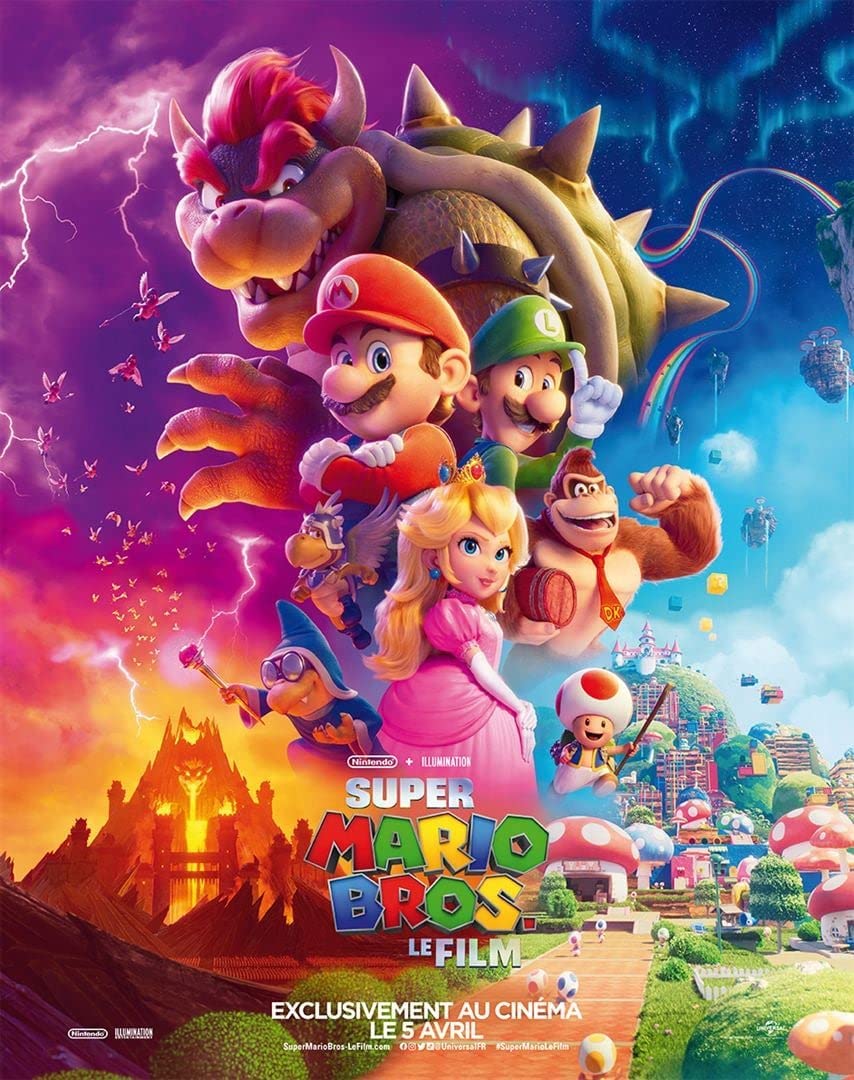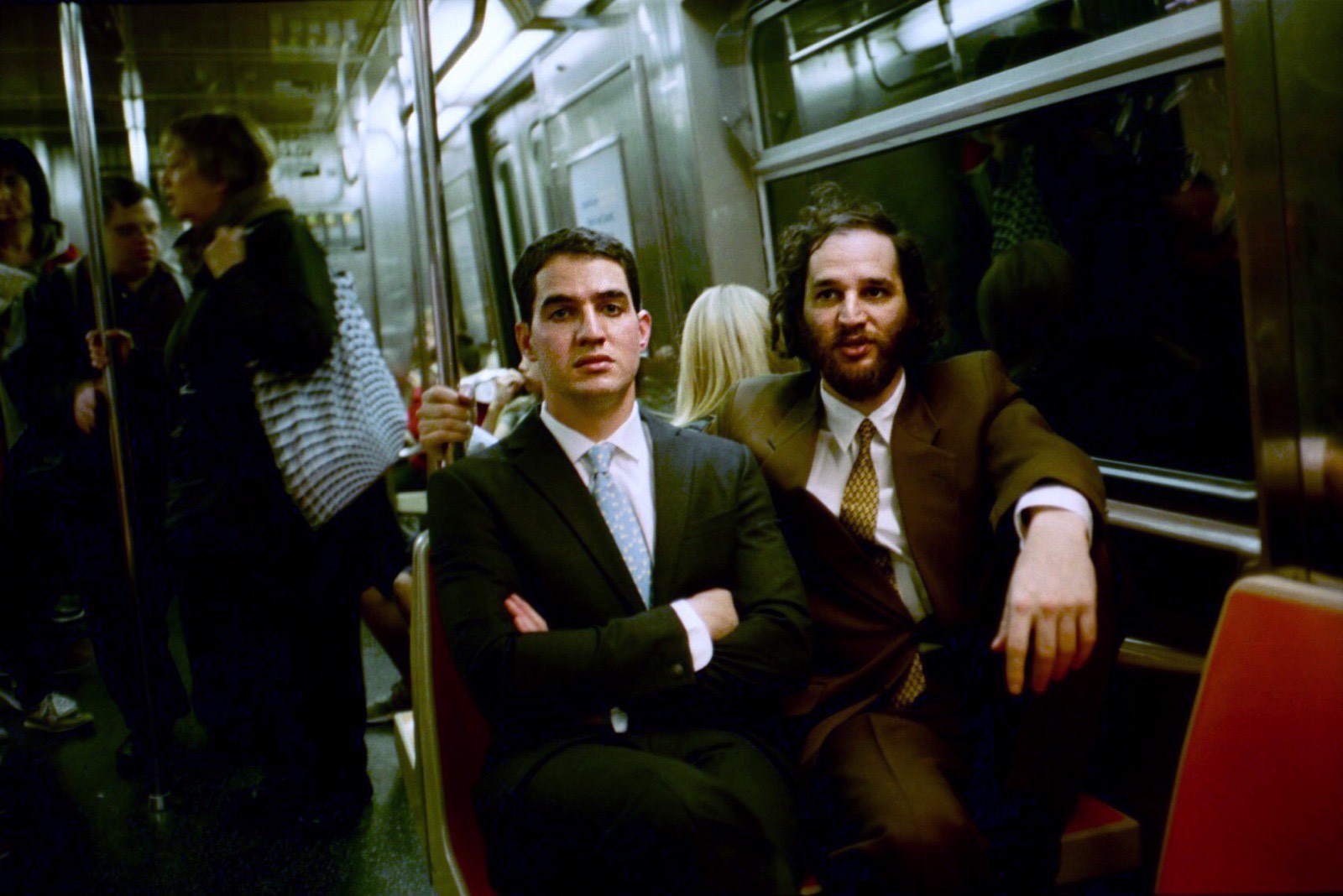Every year the eternal debate is put back on the table: is the Palme d'Or deserved? Among the twenty films in competition (and not official competition, it is the selection that is official), there were no less than thirteen different nationalities. While the poignant and powerful 120 BPM should logically be the lucky winner, the jury chaired by Pedro Almodóvar surprised everyone by rewarding the Swedish film The Square. Focus!
Denounce with humor
Already awarded the Un Certain Regard Prize on the Croisette in 2014 for Snow Therapy, the almost unknown Ruben Östlund returns in 2017 with a very dark, cynical comedy, pamphlet of modern society. This film is to be seen in the thirty-sixth degree, as everything is in the indirect and subtle denunciation. It is also quite rare to see "comic" dramas in Cannes. We may have part of the answer to our question in the introduction. The Square tackles the art world (but not only). We see a sequence of works that are as singular as they are disturbing. It must be seen as a transposition of the script because these works were created specifically for the film. Don't see it as brand or artist placement. Like these piles of gravel, Ruben Östlund denounces the absurdity of wanting to make art with anything. The criticism is harsh and even Christian (the curator of the museum) is skeptical of the pitches of expert marketing consultants. This couple of "young dynamic executives" is a real success, we will come back to it later.The gratuitous and bourgeois ecstasy in front of this art reaches its climax with the eponymous work in the film: The Square.This work really exists. It was presented by the director at the Vandalorum Museum in southern Sweden. The presentation plaque of the art installation sets the tone for the film.

The Square is a sanctuary where trust and altruism reign.
Within it, we are all equal in rights and duties.
Utopia of a hut where all the people inside would be equal? Or denunciation of the "boxes" that govern individuals? The ambiguity of the principle is in the spirit of The Square. He will confront the hero with various conflicts that call for a questioning of our daily actions. The relationship to the image is a cornerstone of the film. We are constantly looking (and more or less voluntary) to "make the buzz". Snapchat and other social networks have mainly contributed to this renewal in communication (to go further in this theme, go see Ingrid Goest West who focuses on Instagram). The museum needs media exposure to survive, no matter how the exhibition is presented. The drift is therefore that of a marketing model that reaches the limits of ethics in the desire to create conflict. Because for some characters what works is controversy.

The scene of the social reception will surely become cult in the years to come. In a grand, chic and very pompous place, a man parades in front of a stunned and curious assembly by embodying a primate. Terry Notary's performance is sublime. Finally the public discovers his face. Since 2009, this American actor has played goblins in Peter Jackson's Hobbit trilogy, Rocket in the new edition of Planet of the Apes. He is also and above all a choreographer and it is to him that we owe the realism of these monstrous beings. With his face uncovered, he walks the crowd of humans ridiculing this pathetic gratin. The ambiguity of the scene brings a brilliant and guilty discomfort. When the roles are reversed, the pill has a hard time passing. Filmed simply, the gestures of the actors and Fredrik Wenzel's camera are enough.

Behind fiction, reality
To write The Square, the director did not hesitate to draw on the events of his life. The theft of a phone in the street and the journalist with Tourette's syndrome are "inspired by real facts". These little hiccups of everyday life feed a rather banal story on its form but which touches on proven social problems. How do we react to begging on the street, when we "sympathize". Few take a moment to stop. A divorced father in the middle of a midlife crisis, we couldn't do better for the public to identify. However, we do not stop at the simple cliché. The characters are often pushed to the end of an already very funny situation and therefore, their choices are carriers of a malaise. Even in the providence Sweden we are presented with on TV, racism and segregation based on social success are legion. We already live in huts…
The media take it for their rank with a sad observation on the dissemination of content on the Internet. We throw mass information without filter, in a blind and lucrative strategy, where statistics can break the ice.The bobos dance at work to a musically poor EDM. All these truths are presented absurdly. In the end, the director stages static characters, comfortable in a comfortable life with materialism that has become tasteless because habitual and acquired. The trigger of the film lies in the theft of the hero's mobile phone. The loss of this loved one is the main motivation of the character when he could take care of his admirable daughters…

Many of the classic themes are addressed in the film. On the other hand, the richness of the dialogues and the originality of the situations stand out from the crowd. We are shown certain actions that we do not see in films of this kind – we still laugh at the intervention of the chef to present his buffet. No or little extra-diegetic music. The director uses existing music in popular culture to give them a particular meaning each time. He takes the existing material and places it in a dramatico-burlesque situation. The director does not try to break the rules and draws intelligently from the means conveyed by cinema. He surrounds himself with effective and fair actors.
Going back to the introductory question, The Square has all the attributes of the Palme d'Or favorite. A satirical and social laughter bar that denounces a sick society that has lost the taste for life. The treatment by satire and the absurd constitutes a burst of freshness (not innovative but too rare) that takes us out of patho dramas, even very successful. The systematically dramatic treatment of social problems makes it possible to put these films in boxes. The public judges and ranks fast (just as it consumes information at the speed of light). The Square is a risky bet in France as it is a Swedish film/Palme d'Or. But the point of view adopted, the diversity and the originality of the treatment of situations are interesting. An approach that goes against a French production that is still too "politically correct". The popular French comedy should take the seed and grant more freedom to its writers/directors. We can "complain" that the staging is not "Cannes" enough in its artistic risk-taking. However, the film exudes its own flavor, its own atmosphere that is coherent for 2h20. This is a beautiful discovery of cinema made by a committed man who does not have his tongue in his pocket! Although we would have liked to see the teams of Robin Campillo and 120 BPM webbed, we understand better the choice of a jury more sensitive and closer to a museum curator than the members of Act Up Paris. It's part of the game, to the displeasure of its president Pedro Almodóvar.

The Square, despite some lengths, jostles us at every scene. The different situations all echo a truth and we come away with a strange feeling of uneasiness. These thoughts are often the sign of a great cinematic moment. Denunciation can go beyond works in museums. The enterprise of art creation is inevitably motivated by a desire for expression, to pose a point of view (Parisians will be able to testify to this by discovering Domestikator by the Dutch artist Joep Van Lieshout, currently on the forecourt of Beaubourg).Ruben Östlund does it admirably through the 7th art. Ken Loach wrote a drama from the point of view of an unemployed worker last year in I, Daniel Blake. This year, the message is getting across in a lighter tone, ridiculing a bourgeois class. Palme d'Or contested, but Palme partly deserved.







































